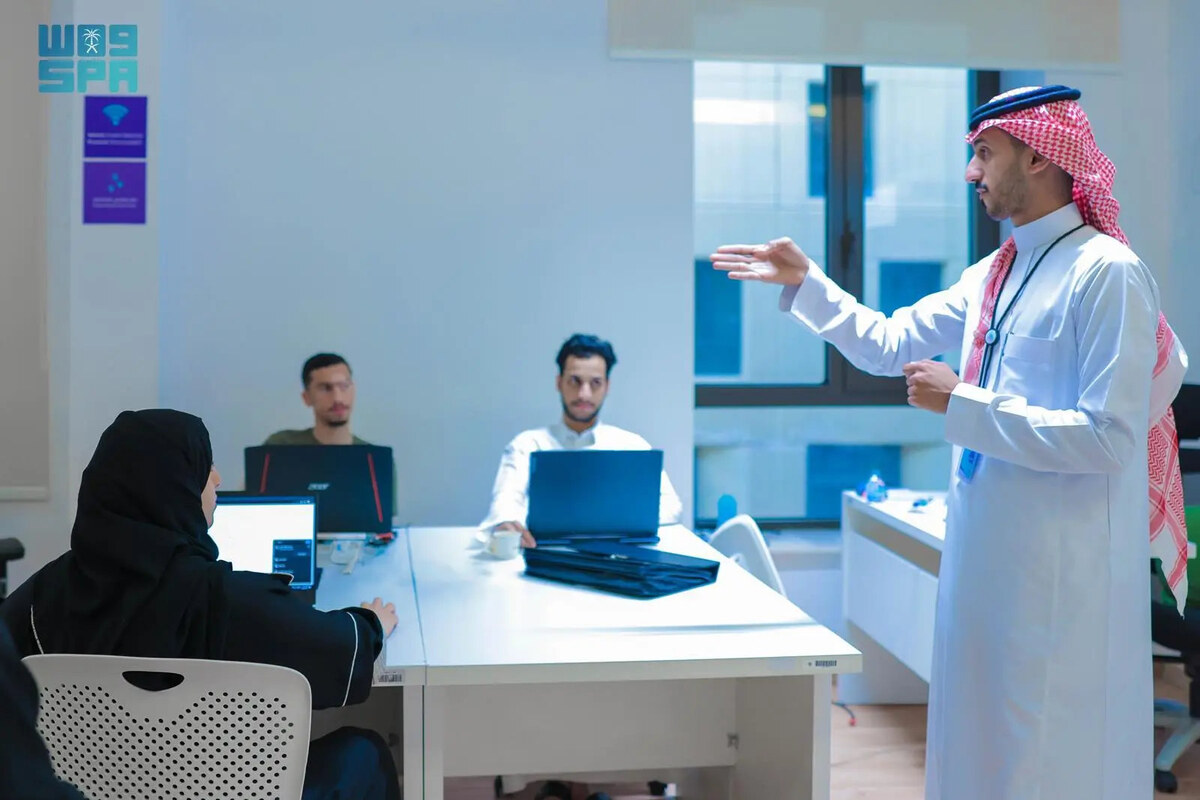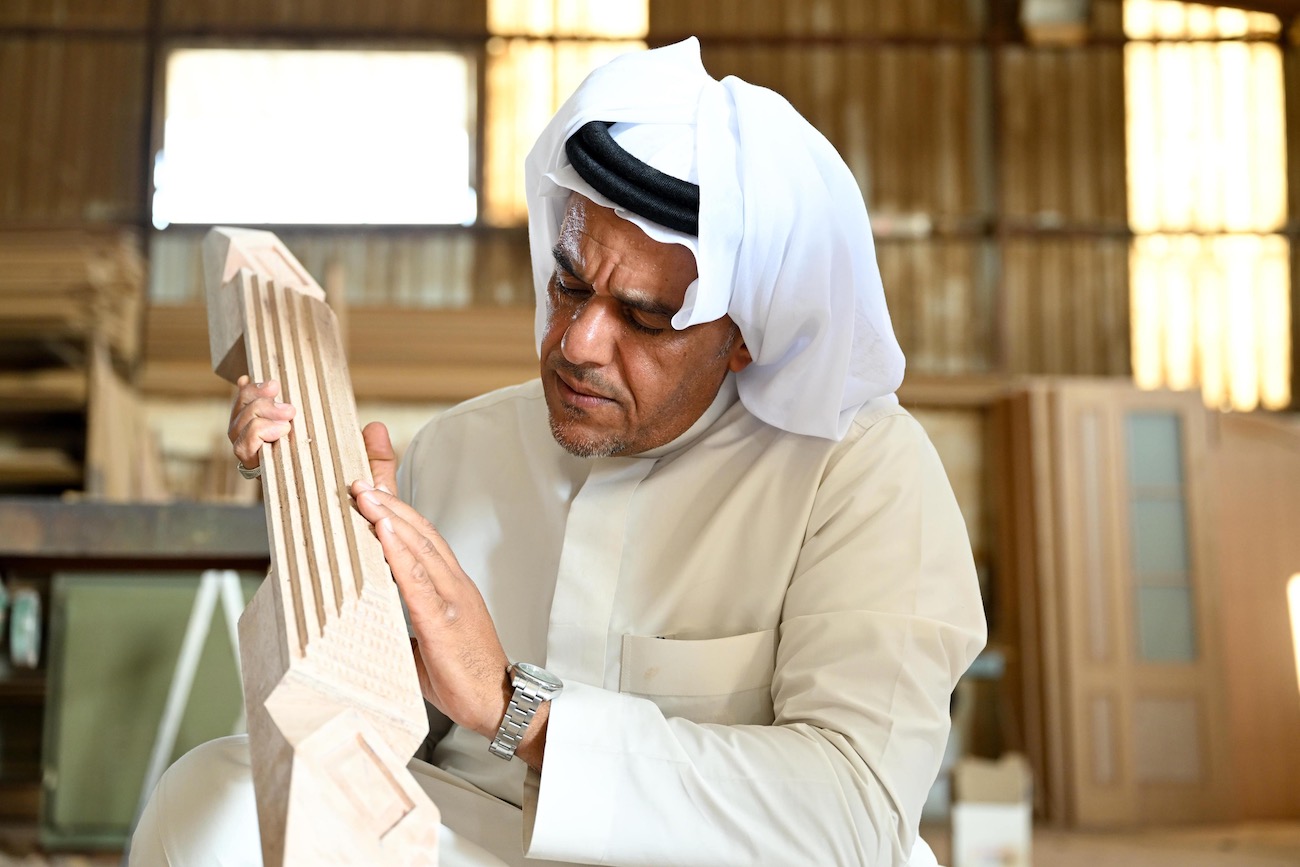RIYADH: The expansion of the tech sector and the surge in the use of electronic devices has led to a significant increase in waste from electrical and electronic equipment, one of the fastest-growing types of solid waste globally.
E-waste poses considerable health and environmental risks if not disposed of safely and responsibly. However, it also presents significant economic and social opportunities through proper recycling and investment in sustainable e-waste management.
According to the executive regulations of the electronic and electrical waste management law, e-waste is defined as waste generated from equipment that operates via electric currents or electromagnetic fields. This includes all components, sub-assemblies and consumables associated with the product when discarded.
E-waste encompasses a wide range of electronic products including laptops, printers, digital cameras, portable gaming devices, smartphones and wearable devices such as wireless headphones. These contain harmful and toxic materials like lead, mercury and cadmium. Improper disposal contaminates the environment, including groundwater, and poses significant risks to human health.
Many electronic and electrical devices accumulate in homes, offices and other facilities, often discarded prematurely. They could be repaired, refurbished or have their parts reused; however, improper disposal methods, such as burning or heating, are prevalent. These release toxic fumes, which travel long distances, impacting public health and contributing to environmental degradation, including reduced vegetation cover, increased global warming and the rise of respiratory diseases.
Proper e-waste management is crucial, involving recycling and reusing valuable components while safely disposing of hazardous materials.
Government efforts in e-waste management
The Kingdom’s commitment to environmental sustainability, as outlined in Vision 2030, drives its efforts to recycle e-waste. This aligns with national and global goals, including reducing carbon emissions, achieving carbon neutrality and fostering a circular economy.
Recycling e-waste supports a sustainable economy, effectively utilizes natural resources, minimizes financial waste and enhances social responsibility by enabling needy families to access technology.
The National Center for Waste Management plays a pivotal role in organizing, monitoring and stimulating investment in waste management activities. It aims to significantly reduce e-waste and battery disposal in landfills, targeting a 90-95 percent exclusion rate by 2035 and achieve a reuse and recycling rate for e-waste and damaged batteries exceeding 90 percent.
At COP28, the commission announced the launch of the Developing E-Waste Management Regulations initiative, in collaboration with the International Telecommunication Union, to implement e-waste management regulations in Zambia, Rwanda and Paraguay.
This initiative reinforces the Kingdom’s leadership in global digital sustainability efforts. By introducing regulations that promote a circular economy and offering innovative solutions, the initiative seeks to accelerate the transition to green practices. This is crucial as global e-waste generation has reached 54 million tonnes annually, of which only 17 percent is recycled.
Following a royal order, government agencies can donate used computers to the Ertiqa association.
Ertiqa Executive Director Omar Al-Shaibani told the Saudi Press Agency the association focused on collecting used computers, refurbishing them and distributing them to social and educational entities. It utilizes the Blancco program and adheres to globally approved methods to securely erase all data from donated devices, ensuring user privacy.
One of Ertiqa's notable projects is an initiative launched during the COVID-19 pandemic to provide computers to students from needy families to facilitate remote learning.
This achieved significant success, with over 40 million educational and training hours logged, over 30,000 devices distributed, and over 27,000 devices recycled. A total of 1,296 entities benefited from this program.
According to Al-Shaibani, over the past ten years, Ertiqa has received over 223,000 devices of which over 97,000 were refurbished and distributed to 3,404 entities, resulting in a reuse rate of 46 percent and a recycle rate of 43 percent.
Recycling operations resulted in a reduction of 13,039,815 kg of carbon emissions, equivalent to the recycling of 2,608 tonnes of e-waste. This involved the participation of over 3,000 volunteers who contributed 57,080 hours, with an estimated economic return exceeding SR2.6 million ($693k).
The Communications, Space and Technology Commission also carried out the “Recycle Your Device” initiative in collaboration with the Ministry of Communications and Information Technology and MWAN.
The scheme, the first of its kind in the Kingdom, saw more than 100,000 devices, with a market value exceeding SR30 million, collected from 20,000 participants. More than 240 tonnes of e-waste were recycled and repaired, and over 120 schools and charitable associations received recycled devices.
In the investment sector, the Saudi Investment Recycling Co., a Public Investment Fund subsidiary, was established by a royal decree to spearhead investment in the Kingdom’s recycling sector, aligning with the goals of Vision 2030.
The company’s strategy focuses on investing in recycling 12 waste types to significantly advance the circular economy and contribute to the national target of increasing overall recycling operations to 81 percent.
A key subsidiary of SIRC is ELECTA, which specializes in the treatment and recycling of electronic, electrical and metal waste. ELECTA further invested in the Sorting and Recycling Company for Environmental Services, SIRC’s executive arm for electronic waste and metal recycling.
Citizens and residents wishing to donate devices, which will be collected free of charge, may submit a request through the Ertiqa website at ertiqa.org/en or its app.


































